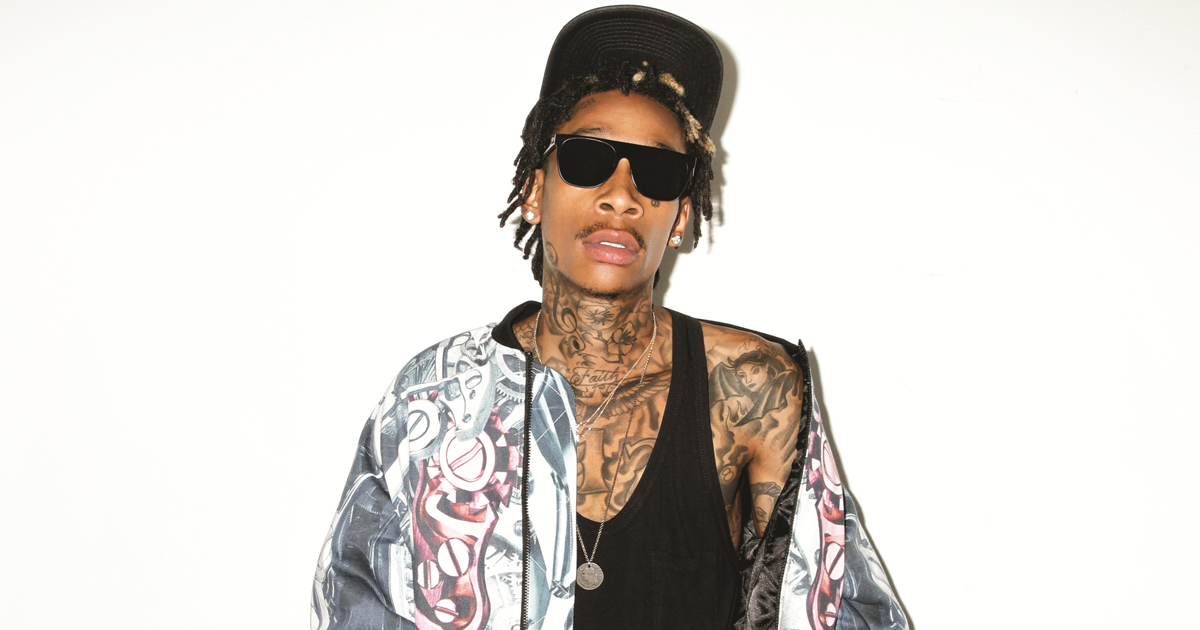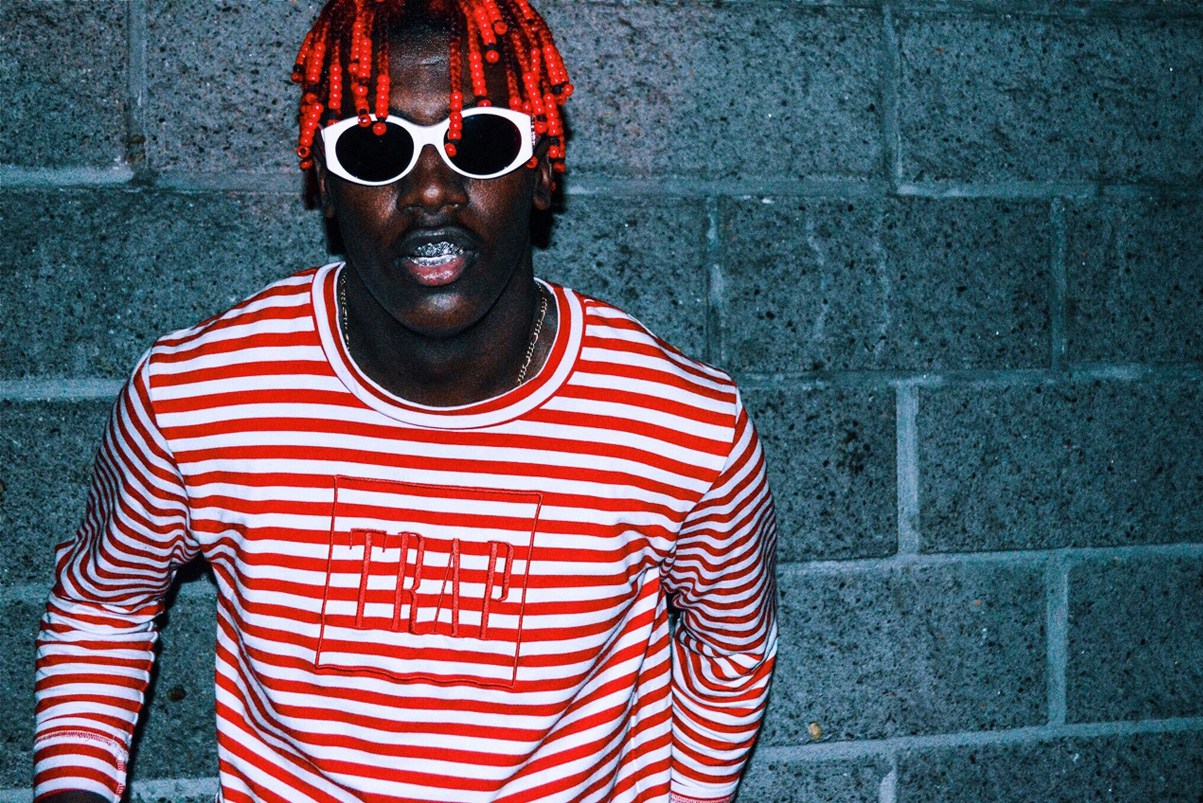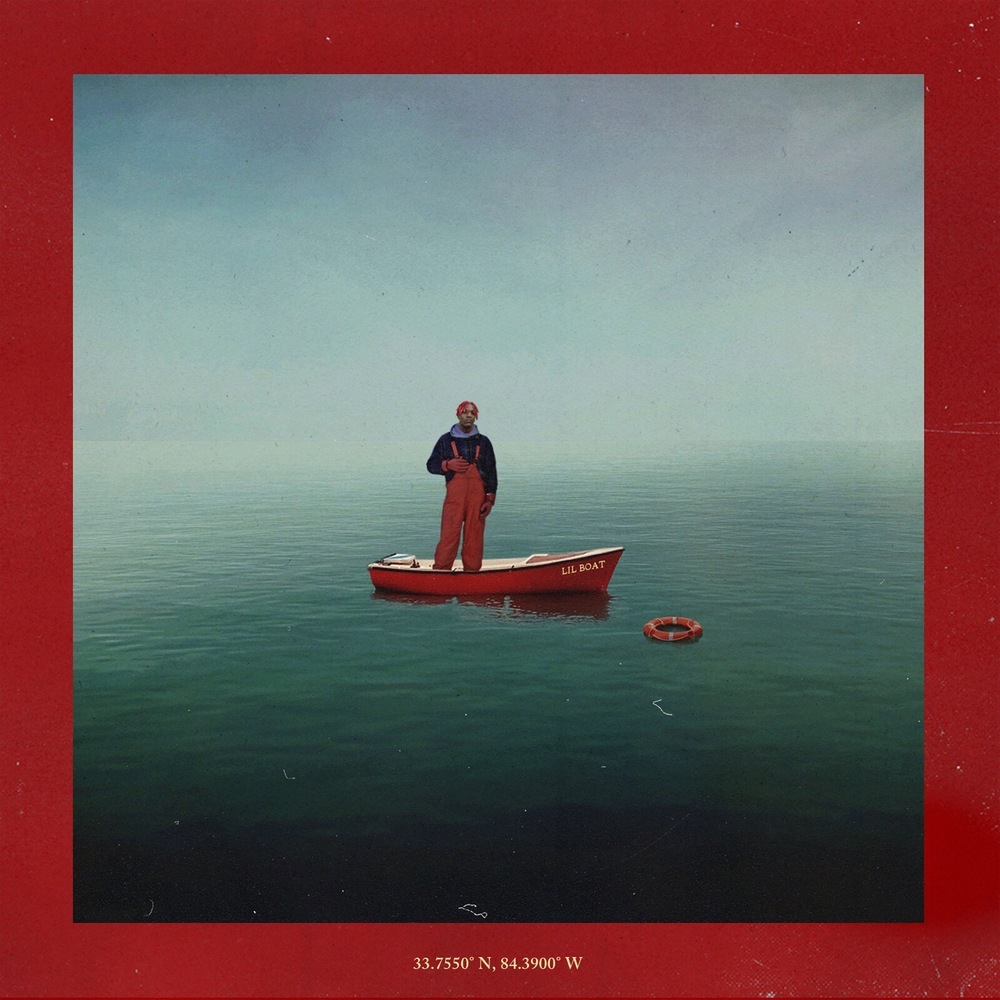Once in a while, a unique voice will crash through the fortress walls surrounding Hip Hop’s meta-culture. Most artists work for years to break through with a recognizable hit or co-sign, achieving recognition as a “household” name only after plugging away tirelessly on their craft. Think of an artist like Curren$y, who’s widely believed to have ghostwritten for Lil Wayne in total anonymity after signing to Cash Money Records before finally reaching worldwide acclaim with his own work and eventually developing his own imprint under Jet Life Recordings.
Curren$y would go on to be recognized as a pioneer in stoner-rap, along with Wiz Khalifa, a rapper who released seven mixtapes before finally breaking out with the critically acclaimed Kush & Orange Juice.
Even Kendrick Lamar steadily released work (as artist K-Dot) from 2005 onward, before finally becoming recognized as one of the best rappers of our generation, cemented by landmark 2012 release Good Kid M.A.A.D City. The moral? One way toward success is with sheer grit and determination, digging your heels in until your new releases outshine your old ones; rinse and repeat. But there are other artists that have managed to step into the limelight through far less traditional methods.
Lil B found marginal success through his Bay Area collective, The Pack, but went on to achieve illustrious fame through his unapologetic solo career. Now, he’s one of the most ubiquitous Hip Hop personalities in the world, despite the fact that to this day plenty of people argue that Lil B “isn’t actually a good rapper.” That claim, however, if publicly stated, will likely result in his #TaskForce (an actual moniker for his online fans/protectors) coming down with such dissent and fury, that the criticism will likely be deleted, not for lack of merit, but simply out of self-defense.
Lil B fans are religious in their adoration for The Based God and they celebrate his artistry with the same type of adulation you might reserve for a child working with watercolors. The picture might lack substance and the colors might run, but it still gets pinned to the refrigerator.
Lil Yachty comes from the latter category of largely polarizing rappers. Born in 1997, the fledgling superstar is part of a rare rapper class that arises seemingly from nowhere but still manages to work their way into mass consciousness. You know that pop culture platitude that you hear about repeatedly and ignore, until you finally give up and Google search it at 3AM in the morning? Yeah, that’s Lil Yachty.
With 289,000 Twitter followers and counting, he’s grown too big to be ignored, but is a controversial subject among rap aficionados. The sheer audacity of his vision; coupling sugar-laden beats with woozy, auto-tune lullabies, elicits a huge spectrum of reactions. This includes the claim that Yachty alone is “definitive proof that modern rap has no gatekeepers,” and that he’s “Soundcloud rap’s laziest possible copy-and-paste job.”
Most of Yachty’s immediate appeal actually comes from the production that backs him. Burberry Perry, the Atlanta-based producer behind the crux of production on his debut mixtape Lil Boat as well as his breakout hit “1 Night,” has an incredible knack for sparkly beats that are equal parts glossy and effervescent.
This style of production has been described as bubblegum trap, which sounds especially accurate when listening to “Wanna Be Us” or the “Positivity Song” outro. On his debut, it’s clear that Yachty prefers this brand of candied-production. On the song “Run / Running,” the beat (coming from another duo) rips N64 soundbites directly from Super Mario 64 and Yoshi’s Story. While this creates a notably innovative approach to a Hip Hop track, it sounds more like Lil Yachty is hiding behind the production than he is using it as a springboard for his own verses. Once in a while, he’ll even rap lazily enough to sound like he might pass out mid-verse:
“My pockets just ain’t fat enough
They say Lil Boat you changed
They say Lil Boat don’t give a f*ck about your fam
When you get to the fame I need me about 3 rings
Cause I’m just not flexing enough
And these n**gas they not hating enough.”
What Yachty lacks in actual talent (generally rapping but especially on freestyles) he does make up for with creative direction.
Miles Parks McCollum (Yachty’s legal name) synthesizes the rap-familiarity of the “Lil” prefix with the highly emoji-friendly “Yachty” moniker, and in the process carves out heaps of room for waterlogged themes and imagery. His second alias is Lil Boat, and on the open water he seems happy enough to defy any norms associated with what it takes to be a credible rapper.
You’ll hear the auto-tune chirp of “Lil Boat” spattered across his tracks, which at best can be described as ambitiously playful, but exist somewhere on the razor’s edge between music and parody. While some of his tracks do stand as singles on their own, like his standout collaboration with D.R.A.M. for instance, others tend to make you scramble toward the “skip” button with an authentic sense of urgency.
But maybe that’s not the whole point. Yachty blurs lines across the genre and flexes creatively with aliases that have aliases themselves. On Lil Boat‘s intro track, Yachty launches into a third person explanation of the “strange voices inside his head,” who inspire his esoteric vision. Are these voices multitudes of genius, or fictional absurdities from a wannabe rapper? As Yachty makes sense of his own nautical orientation, he’ll need to answer these questions to stay afloat.
Original Illustration: oli Hb



